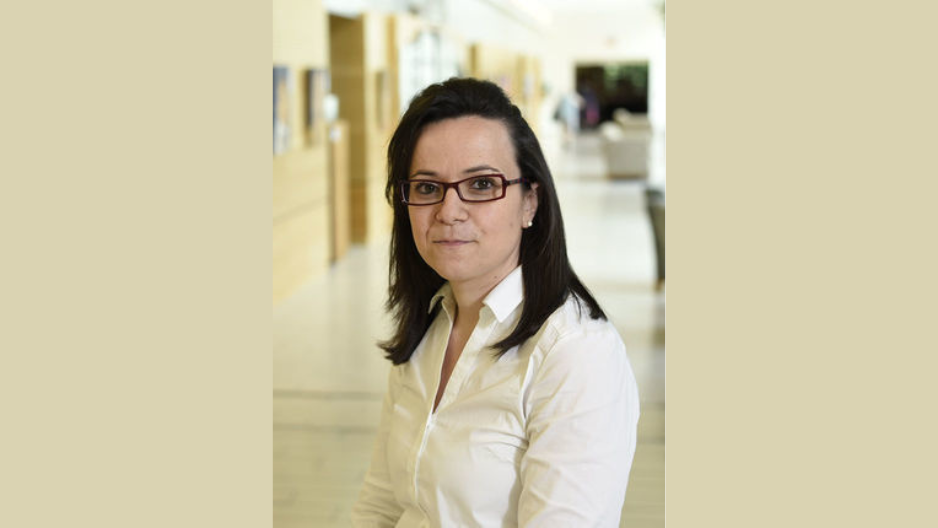Forty Years of Awareness, and Renewed Determination
With the 40th anniversary of Breast Cancer Awareness Month, this moment invites reflection on both progress and persistence. For Lucia Borriello, PhD, Assistant Professor and leader of the Borriello Lab at the Lewis Katz School of Medicine (Katz), the milestone is a moment to honor discovery and push further.
"Breast cancer research has made remarkable strides in unraveling the complexity of the disease," Dr. Borriello says. "We now understand that breast cancer is not a single entity, but a collection of biologically and clinically distinct subtypes that require different treatment strategies."
Advances in molecular profiling have made targeted therapies possible, dramatically improving outcomes for many. Yet, she notes; triple-negative breast cancer (TNBC) remains one of the most aggressive and treatment-resistant forms. "This persistent challenge underscores the importance of continuing to investigate the biology driving recurrence and metastasis," she says.
Decoding Dormancy and Preventing Recurrence
At the core of Dr. Borriello's research is a question that lies at the heart of breast cancer mortality: Why do some cancer cells survive treatment, lie dormant, and then return years later?
Her lab focuses on understanding how these dormant disseminated tumor cells (DTCs) can reawaken to cause metastatic relapse. "We are investigating the triggers that promote DTC awakening and outgrowth," she explains. "By identifying the molecular cues and cellular interactions responsible for this process, we aim to develop new therapeutic strategies to prevent metastatic recurrence and improve long-term survival for breast cancer patients."
This work addresses one of cancer biology's most elusive and urgent aspects: how to prevent the disease from returning. It also exemplifies Katz's commitment to foundational science, which fuels new approaches to patient care.
Collaboration that Drives Discovery
Collaboration is a defining feature of the Borriello Lab's success. Partnering closely with clinicians and scientists at Fox Chase Cancer Center, Dr. Borriello ensures that her team's preclinical discoveries remain closely aligned with patient realities.
"These partnerships allow us to validate our findings in patient samples and integrate clinical perspectives into our experimental design," she says. "Together, we are building a bridge between bench and bedside, transforming mechanistic insights into potential therapeutic approaches that can truly impact patients' lives."
That collaborative mindset mirrors Katz's broader research culture, where cross-disciplinary teamwork drives innovation across departments, institutes, and hospital partners.
Science Grounded in Purpose
For Dr. Borriello, breast cancer research is deeply personal. "My mission is to contribute discoveries that not only advance our scientific understanding of breast cancer but also ensure that progress benefits all patients, regardless of background," she says.
She draws hope from the growing emphasis on collaboration, mentorship, and shared discovery in science, and from the resilience of the breast cancer research community. “The interactions we have with breast cancer patients continually inspire my team and me to overcome the challenges of doing science and to keep believing in our shared mission, to save the lives of those affected by cancer.”
Looking Ahead
Dr. Borriello sees extraordinary promise in emerging technologies illuminating how cancer interacts with its environment. "The future lies in understanding the tumor microenvironment and its systemic interactions, how cancer cells communicate with immune, stromal, and distant organ cells to influence metastasis and treatment response," she explains.
Researchers can map these interactions with unprecedented detail by integrating single-cell technologies, spatial profiling, and systems biology. "This knowledge will be key to designing interventions that not only treat existing tumors but also prevent recurrence by targeting the supportive niches that enable cancer cell survival and reawakening."

